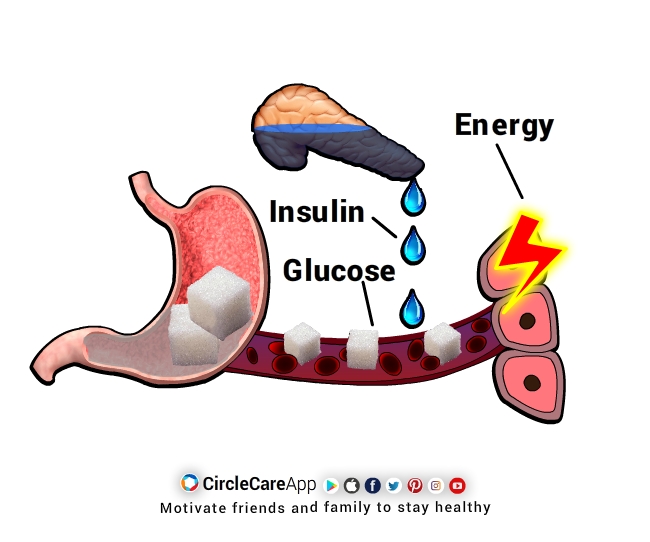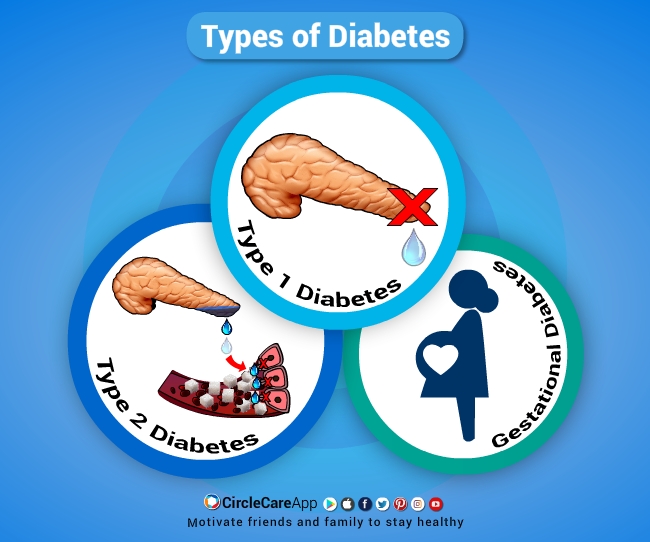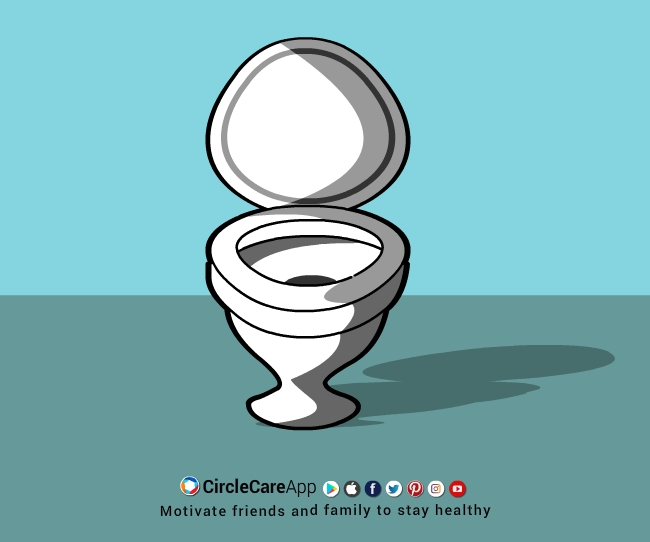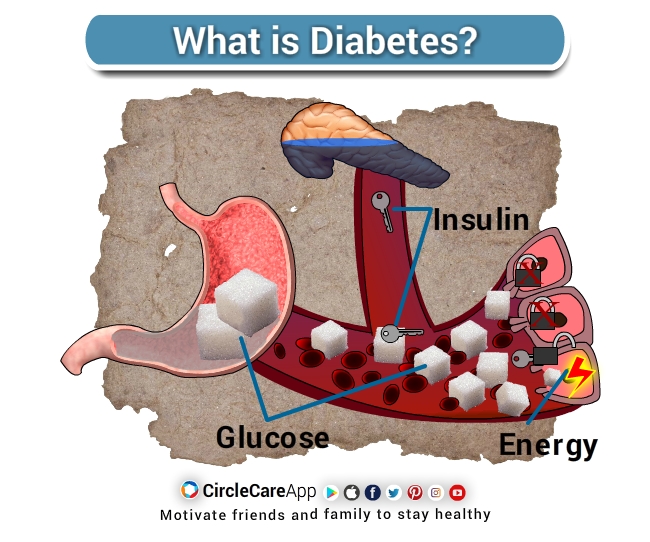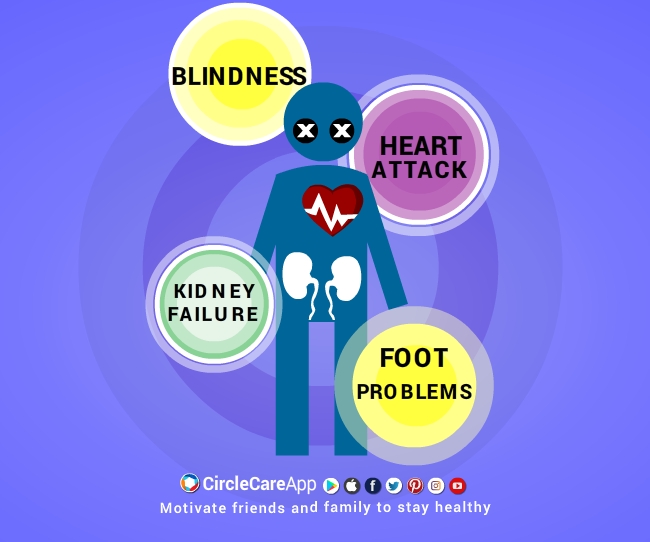What happens when you have diabetes?
Diabetes is considered as a metabolic disorder. Metabolism refers to the way our bodies use digested food for energy and growth. Most of what we eat is broken down into glucose – it is the principal source of fuel for our bodies
When our food is digested, the glucose makes its way into our bloodstream. Our cells use the glucose for energy and growth. However, glucose cannot enter our cells without insulin being present – insulin makes it possible for our cells to take in the glucose.
A patient with diabetes has a condition in which the quantity of glucose in the blood is too inflated. This is because the body does not produce enough or no insulin or has cells that do not respond properly to the insulin. This results in too much glucose in the blood. This excess blood glucose eventually passes out of the body in urine.

Corporate Wellness App
CircleCare
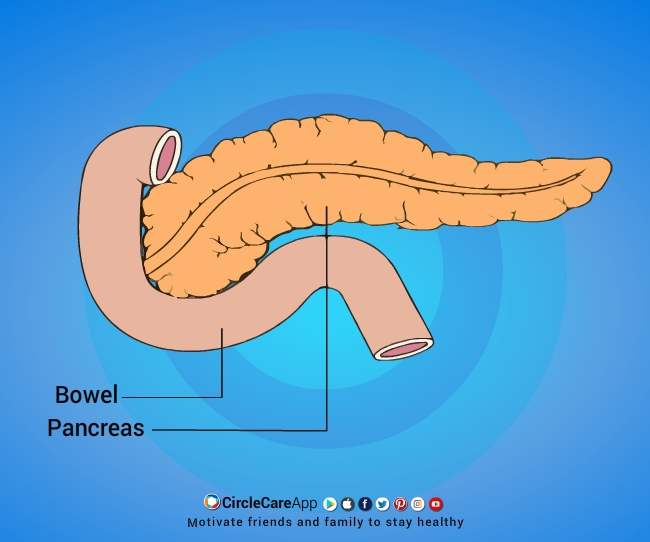
The pancreas produces insulin along with other hormones to help regulate blood sugar and salt. It is located in the upper abdomen behind the stomach. The organ has two major functions:
- It produces the enzymes that break down foods in the intestine.
- It makes hormones that regulate blood sugar levels.

